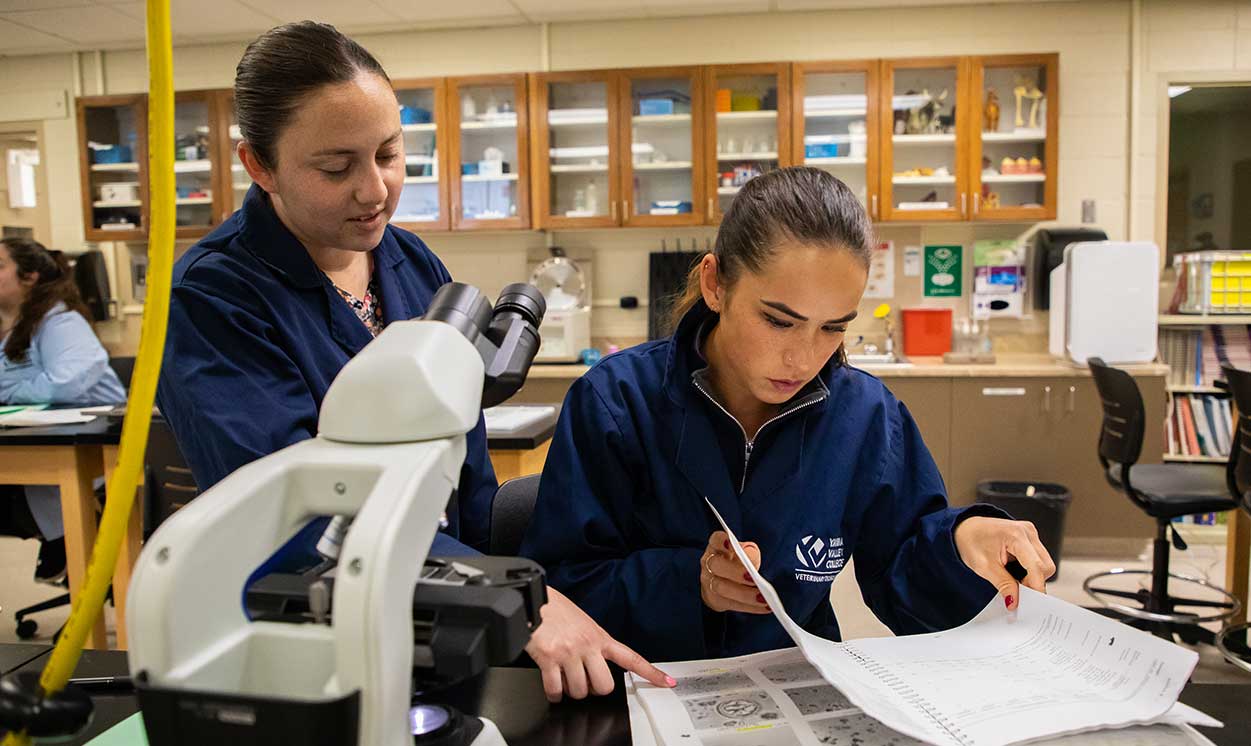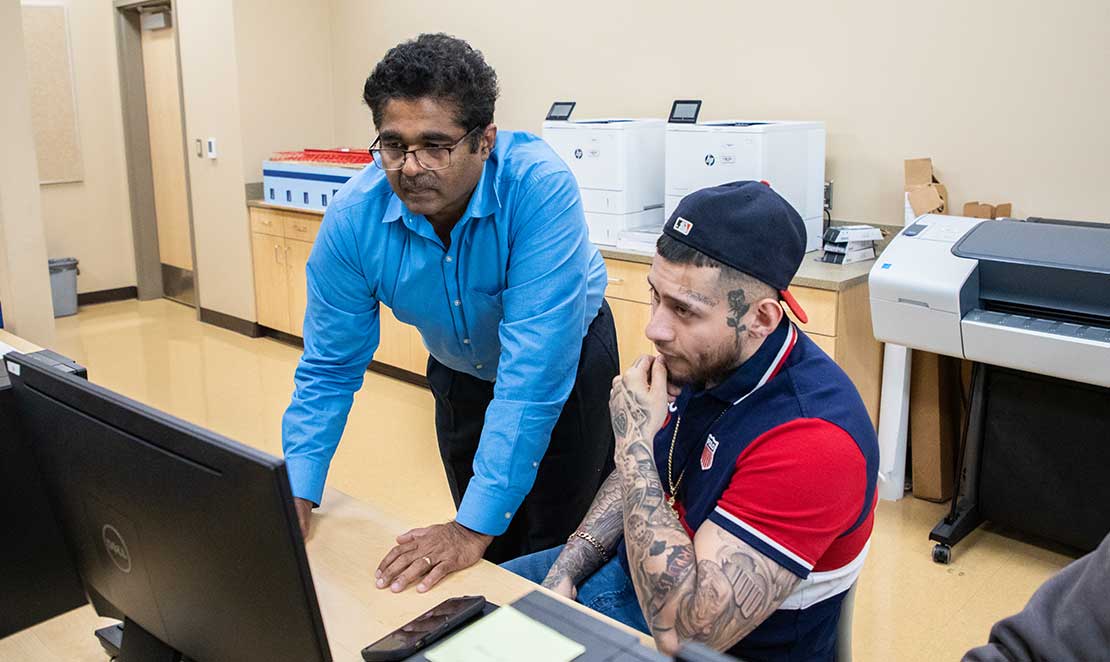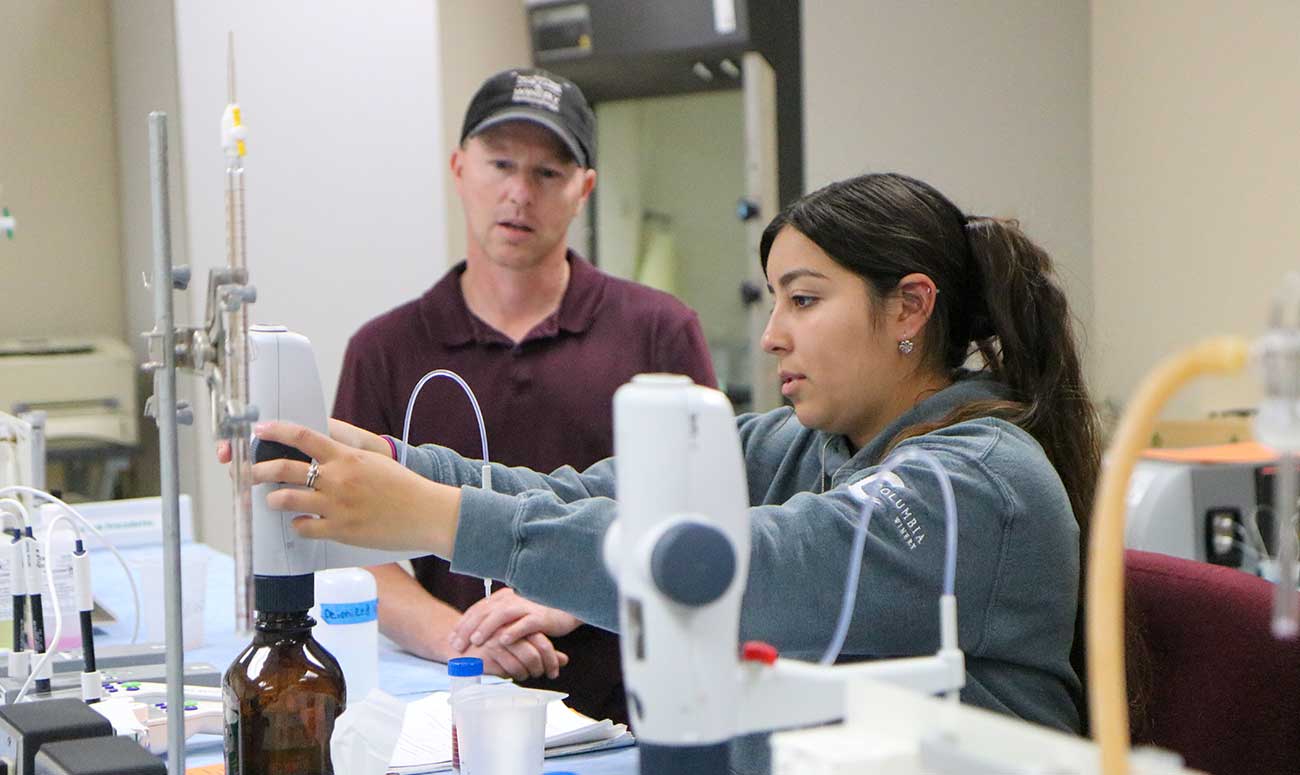Just in time for the annual celebration of Hispanic heritage, Yakima Valley College was awarded a $2.9 million grant from the U.S. Department of Education to support student success, particularly for Hispanic students and those from low-income households. The grant will be used to fund three interconnected programs: a career-readiness program, a leadership learning community and a campus wellness program.
YVC, which has been federally designated as a Hispanic-Serving Institution (HSI) since 2002, serves a diverse student body, with more than two-thirds of students identifying as persons of color.
The new grant will help YVC achieve its overarching goal of fostering genuine and lasting culture change on campus. The three programs will work together to provide students with the support they need to succeed academically, professionally and personally.
YVC President Linda Kaminski noted that the project will put an emphasis on fostering learning that is relevant to the college’s diverse campus community.
“YVC’s HSI Relevance Project will advance our institutional goals to improve and sustain an institutional culture that is educationally equitable, enhances opportunities for personal enrichment and economic mobility, and welcomes everyone,” she said.

The career-readiness program will help students develop the skills and knowledge they need to succeed in the workforce. The leadership learning community will help students develop their leadership skills and create a more inclusive campus environment. The campus wellness program will provide students with culturally appropriate support for their social-emotional health.
Keith Reyes, a sociology instructor who helped develop YVC’s grant proposal, said that the project will take a multi-pronged approach to supporting student success.
“Supporting student success means attending to our students in a holistic way,” he said. “We want to make sure what they’re learning in the classroom is connected to their professional aspirations. We want to make sure they have opportunities to practice being a leader and serving their community during their YVC experience.”
YVC is one of more than a dozen community colleges across the country to receive a grant through the Developing Hispanic-Serving Institutions program.
In addition to the grant announcement, YVC hosted scholars from across the nation along with local community members attending the 2023 La Chola Conference during this year’s Hispanic Heritage Month celebration.
“We want to make sure what they’re learning in the classroom is connected to their professional aspirations. We want to make sure they have opportunities to practice being a leader and serving their community during their YVC experience.”
— Keith Reyes

The term “Chola” refers to woman of mixed ethnic descent, most often from Latin American
countries. According to information on the conference website, Cholas have long understood their identities as political engagement. Many older
and contemporary Cholas work toward decolonizing indigenous concepts of self via acknowledging
and embracing indigenous identities and practices.
Long-time Diversity Series committee member and English Instructor Mark Fuzie said the conference spotlighted
successful scholars that look like, sound like and come from backgrounds like many
YVC students.
“The La Chola conference provides students and our local community innovative and inclusive opportunities for sociocultural engagement by holding space for the cultural, scholastic, artistic and institutional presentation of La Chola,” said Fuzie. “Communing with academic leaders will foster academic and artistic achievements in our students’ education pathways and careers.”
The event also helped advance the college’s mission to strengthen community by putting a spotlight on successful and prominent Latinx scholars.
Since 2005 YVC has partnered with area organizations to host events and lectures through the annual Diversity Series. The popular series provides the YVC campus community with opportunities to engage with diverse perspectives on everyday topics and push the boundaries of the term beyond race, gender, social class and sexuality.
